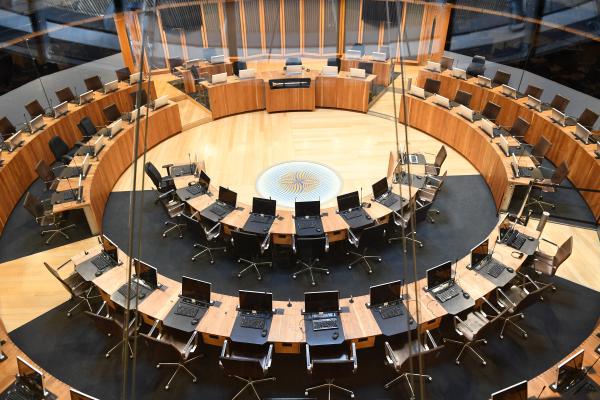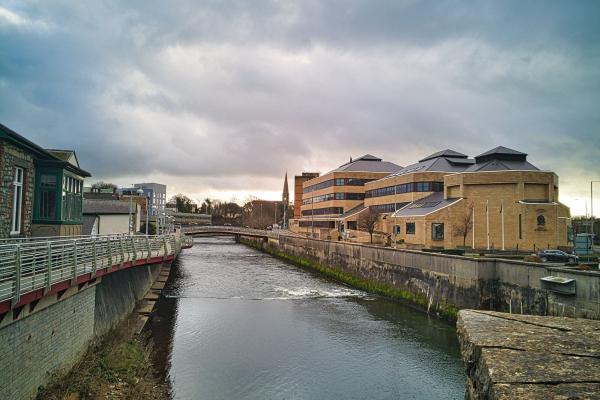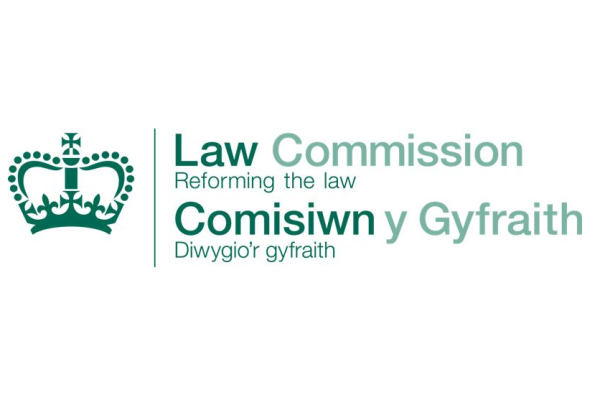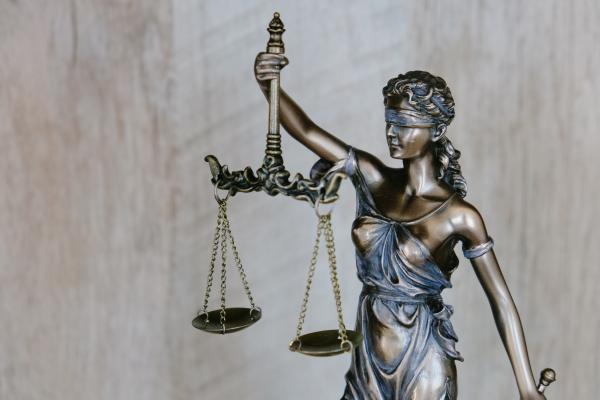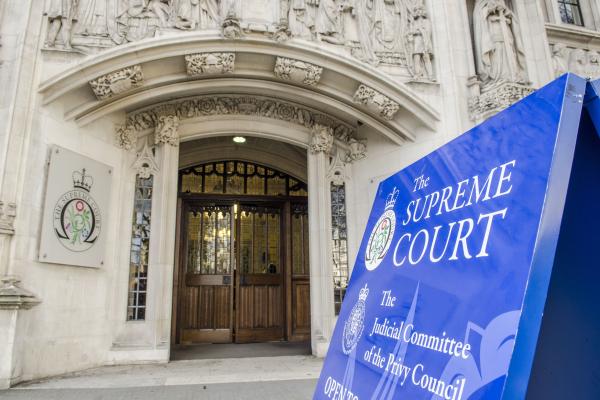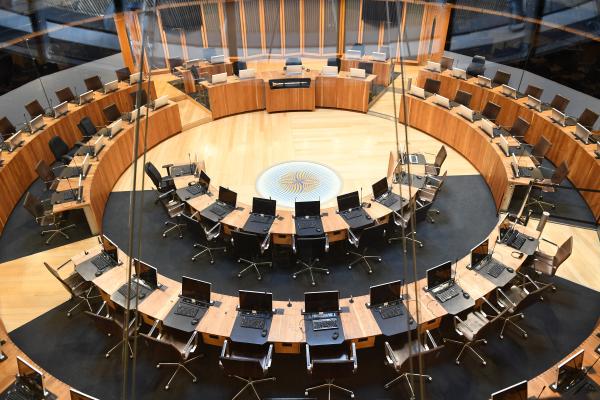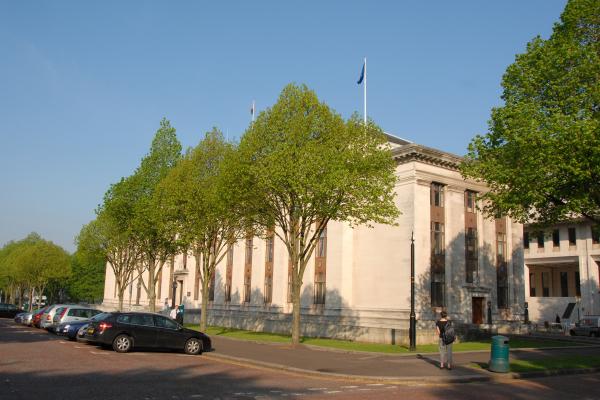Law making in Wales
Laws for Wales are made by Senedd Cymru, the UK Parliament, Welsh and UK Ministers, and some other bodies (for example, local authorities can make local laws called bylaws).
Laws made by Senedd Cymru and Welsh Ministers are made specifically for Wales. Laws made by the UK Parliament or UK Ministers can apply to the whole of the UK, or certain parts of the UK (for example, England and Wales, or England only). As a result of the increasing powers of Senedd Cymru, it is now rare for the UK Parliament to pass an Act which relates specifically to Wales, unless it is an Act about the governance of Wales.
However, many existing Acts (or Parts of Acts) of Parliament, in particular ones made between 1999 (when Senedd Cymru was created) and 2006 (when Senedd Cymru started to acquire competence to pass such laws) do apply specifically to Wales. In consequence the law that applies to Wales is often not easy to find (more information can be found on the access to legislation page).
The UK Parliament has devolved its law-making powers in a number of subject areas to Senedd Cymru, with some exceptions and restrictions. The subject areas, and the exceptions and restrictions, were set out in Schedule 7 to the Government of Wales Act 2006, but the position is now set out in the form of the new "reserved powers" model set out in new Schedules 7A and 7B. The UK Parliament retains the power to pass Acts in the areas which it has devolved to Senedd Cymru. However, by convention the UK Government will not normally ask Parliament to do this unless Senedd Cymru has agreed to this.
Senedd Cymru's laws are called Senedd Acts and have the same status as UK Parliament Acts, which are primary legislation.
Laws made by Ministers and other bodies are made using powers delegated to them by Actts of Senedd Cymru or UK Acts. They are called subordinate legislation.
An Act of Senedd Cymru starts as a Senedd Bill. Bills are proposals for Acts, which Senedd Cymru considers and decides whether or not to ‘pass’, or in other words make into law.
Senedd Cymru's Bill process
Most Senedd Cymru Bills are introduced into Senedd Cymru by the Welsh Government. However, Senedd Members who are not members of the Welsh Government may also get the opportunity to introduce a Bill. Senedd Cymru Committees and Senedd Commission (the body which is responsible for the practical running of Senedd Cymru) may also introduce Bills if they are relevant to their role. In limited circumstances Private Bills – Bills which change the law only as it applies to specific individuals or organisations (rather than the general public) - can also be introduced.
Bills must be within Senedd Cymru's legislative powers (also known as the Senedd Cymru’s “legislative competence”) as set out in the Government of Wales Act 2006. This means that a Bill must pass the test in section 108A of GoWA, including complying with the European Convention on Human Rights and European Union Law, as these apply to Wales.
Senedd Cymru Bills pass through several stages of consideration and debate in Senedd Cymru before they are passed. Senedd Committees consider Bills, and will take evidence from the relevant Welsh Government Minister and those outside the government who have an interest in the subject matter of the Bill.
The Minister and non-government Senedd Members may propose amendments to the Bill at several points during the legislative process.
Senedd Cymru sitting as a whole (also called ‘in plenary’) makes the final decision on whether to pass a Bill. Bills must normally be passed in both Welsh and English.
A Bill which has been passed by Senedd Cymru does not become an Act of Senedd Cymru (and therefore does not become law) until it has received Royal Assent from His Majesty.
After Senedd Cymru has passed a Bill the Attorney General or the Counsel General (the chief legal advisers to the UK and Welsh Governments respectively) may refer the Bill to the UK’s Supreme Court if they consider that the Bill may be outside Senedd Cymru’s legislative competence.
If the Attorney General and the Counsel General do not refer the Bill to the Supreme Court it may be submitted for Royal Assent and will then become law.



